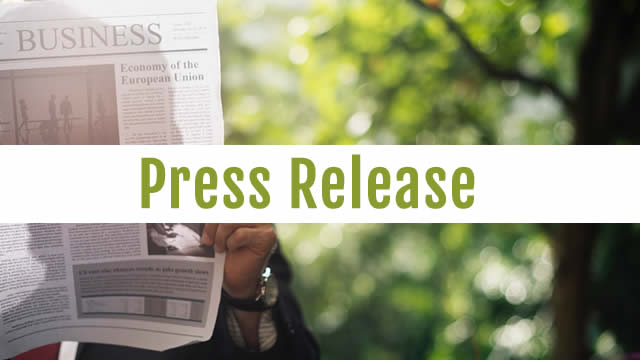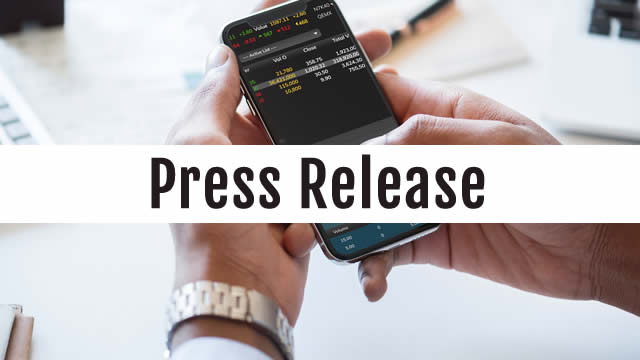PBR and Banco do Brasil: A Strategic Partnership for Sustainability
In a recent development that underscores its commitment to decarbonization and energy transition, Petrobras (PBR), the largest oil and gas company in Latin America, announced a partnership with Banco do Brasil, the largest financial institution in Brazil, to fund sustainability projects.
Decarbonization and Energy Transition: The Future of Business
Decarbonization and energy transition have become critical issues for businesses worldwide, as the world grapples with the challenges of climate change and the need for sustainable energy. PBR’s partnership with Banco do Brasil is a significant step in this direction, as it demonstrates the company’s intent to invest in renewable energy and reduce its carbon footprint.
The Partnership: Funding Sustainability Projects
Under the terms of the partnership, Banco do Brasil will provide financing for PBR’s sustainability projects, including those related to renewable energy, carbon capture, and methane reduction. The financing will be extended through the issuance of green bonds, which are financial instruments specifically used to fund projects that have environmental benefits. The partnership is expected to generate significant positive impact, both for PBR and for the environment.
Benefits for PBR
For PBR, the partnership with Banco do Brasil offers several benefits. First and foremost, it provides the company with access to financing that is specifically targeted towards sustainability projects. This will enable PBR to accelerate its decarbonization efforts and reduce its reliance on fossil fuels. Additionally, the partnership will help PBR to diversify its revenue streams, as it moves towards a more sustainable business model.
Benefits for the World
The partnership between PBR and Banco do Brasil also has significant implications for the world at large. By investing in sustainability projects, PBR is contributing to the global effort to reduce greenhouse gas emissions and transition to renewable energy. This, in turn, will help to mitigate the worst effects of climate change and promote a more sustainable future for all.
Impact on Consumers
For consumers, the partnership between PBR and Banco do Brasil could lead to a number of positive outcomes. For example, it could result in the development of new renewable energy projects, which could lead to lower energy prices and increased access to clean energy. Additionally, it could lead to the creation of new jobs in the renewable energy sector, which could provide opportunities for people to transition from traditional fossil fuel industries.
Impact on the Global Economy
At a broader level, the partnership between PBR and Banco do Brasil is part of a larger trend towards sustainable investing and decarbonization. As more and more companies make similar commitments, we can expect to see a shift towards a more sustainable global economy. This could lead to new opportunities for businesses, as well as new challenges and risks. For example, companies that fail to adapt to the new reality of a decarbonized economy could find themselves at a competitive disadvantage.
Conclusion
In conclusion, the partnership between PBR and Banco do Brasil is a significant step towards a more sustainable future. By investing in sustainability projects and transitioning towards renewable energy, PBR is demonstrating its commitment to decarbonization and reducing its carbon footprint. At the same time, the partnership is expected to have positive implications for consumers and the global economy, as the world moves towards a more sustainable future.
- PBR partners with Banco do Brasil to fund sustainability projects
- Decarbonization and energy transition are critical issues for businesses
- The partnership will provide PBR with access to financing for sustainability projects
- The partnership will help to mitigate the worst effects of climate change
- Consumers could benefit from lower energy prices and increased access to clean energy
- The partnership is part of a larger trend towards sustainable investing and decarbonization





